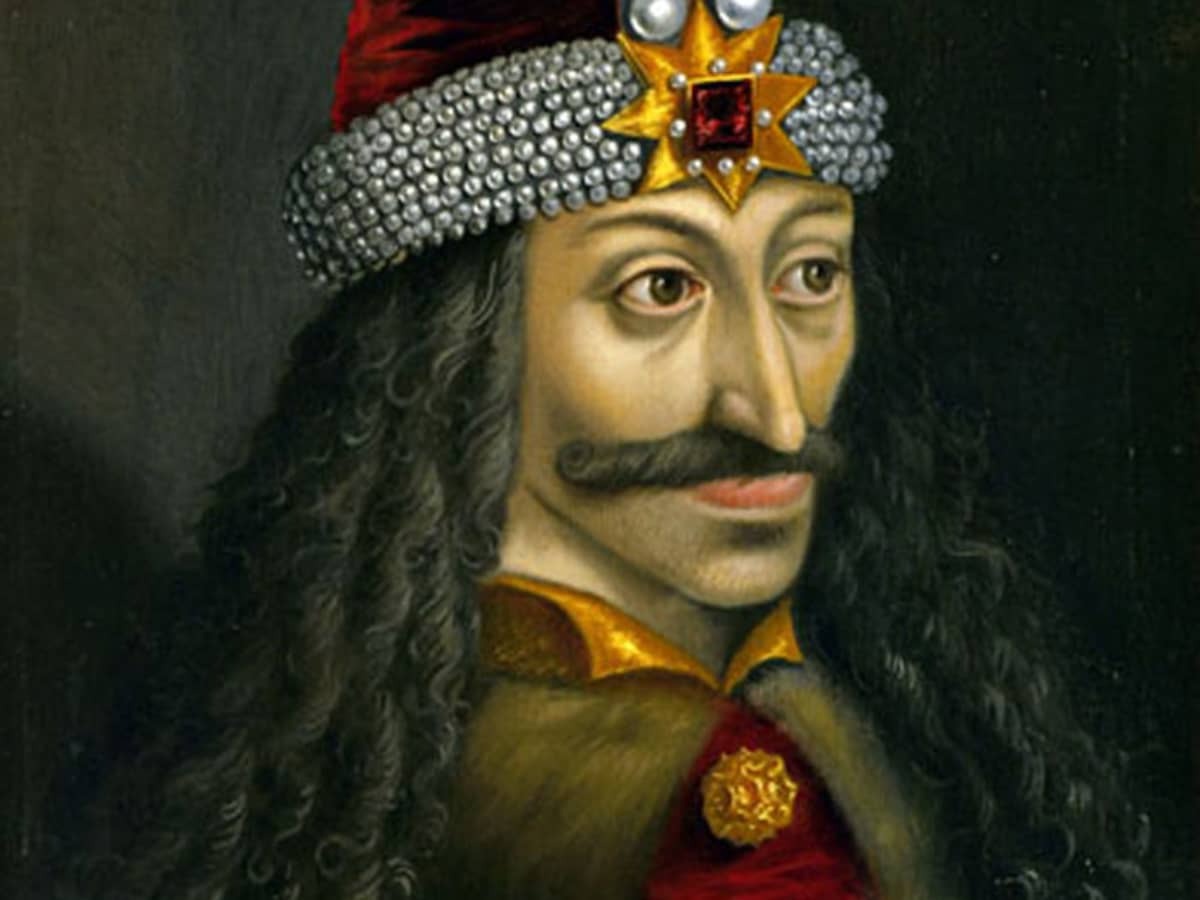
Who is Paul Alexander? Paul Alexander, also known as "The Man in the Iron Lung," has lived an extraordinary life. Born in 1946, he contracted polio at the age of six, which left him paralyzed from the neck down. Despite this, he has achieved remarkable feats. Paul Alexander graduated from high school, earned a law degree, and even wrote a book—all while confined to an iron lung, a machine that helps him breathe. His story is one of resilience, determination, and the human spirit's ability to overcome immense challenges. Let's dive into 35 fascinating facts about this incredible individual.
Key Takeaways:
- Paul Alexander's remarkable journey from overcoming polio to becoming a successful attorney and advocate for disability rights is a testament to the power of resilience and determination.
- Despite facing significant challenges, Paul Alexander's advocacy work has had a profound impact on the lives of individuals with disabilities, leaving an inspiring legacy of perseverance and unwavering commitment.
Who is Paul Alexander?
Paul Alexander is a remarkable individual whose life story is both inspiring and educational. Known for his resilience and determination, Paul has overcome significant challenges to achieve extraordinary feats. Here are some fascinating facts about him.
-
Paul Alexander was born in 1946 in Dallas, Texas.
-
He contracted polio at the age of six, during the polio epidemic of the early 1950s.
-
Due to the severity of his condition, Paul has spent most of his life in an iron lung, a mechanical respirator that helps him breathe.
-
Despite his physical limitations, Paul pursued his education with great determination.
-
He graduated from high school with honors, showing his academic prowess early on.
Education and Achievements
Paul's educational journey is nothing short of extraordinary. His achievements in the face of adversity serve as a testament to his indomitable spirit.
-
Paul earned a bachelor's degree in law from the University of Texas at Austin.
-
He later obtained a Juris Doctor degree, becoming a licensed attorney.
-
Paul practiced law for several years, specializing in civil rights and disability law.
-
He has been an advocate for people with disabilities, fighting for their rights and inclusion.
-
Paul has written a memoir titled "Three Minutes for a Dog: My Life in an Iron Lung," detailing his life experiences.
Personal Life and Interests
Beyond his professional achievements, Paul has a rich personal life filled with interests and hobbies that keep him engaged and motivated.
-
Paul is an avid reader, with a particular interest in history and philosophy.
-
He enjoys listening to classical music, which he finds soothing and inspiring.
-
Despite his physical limitations, Paul has a keen interest in sports, especially football.
-
He is a fan of the Dallas Cowboys, often watching their games and keeping up with team news.
-
Paul has a deep appreciation for art and enjoys visiting museums and galleries whenever possible.
Technological Adaptations
Living with polio has required Paul to adapt to various technological advancements that have significantly improved his quality of life.
-
Paul uses a specially designed computer that he operates with a mouth stick.
-
This technology allows him to communicate, write, and stay connected with the world.
-
He has a customized wheelchair that provides mobility and comfort.
-
Paul has embraced modern communication tools, including social media, to share his story and advocate for disability rights.
-
He has participated in numerous online forums and webinars, discussing issues related to disability and accessibility.
Advocacy and Impact
Paul's advocacy work has had a profound impact on the lives of many individuals with disabilities. His efforts have led to significant changes in policies and perceptions.
-
Paul has been a keynote speaker at various conferences and events, sharing his experiences and insights.
-
He has worked with several non-profit organizations dedicated to disability rights.
-
Paul has been involved in legislative efforts to improve accessibility and support for people with disabilities.
-
He has mentored young individuals with disabilities, encouraging them to pursue their dreams.
-
Paul's story has been featured in numerous media outlets, raising awareness about polio and disability issues.
Recognition and Awards
Paul's contributions have not gone unnoticed. He has received several awards and honors for his work and achievements.
-
He was awarded the Courage Award by the National Organization on Disability.
-
Paul received the Lifetime Achievement Award from the Texas Disability Rights Association.
-
He was honored with the Advocate of the Year award by the American Association of People with Disabilities.
-
Paul was inducted into the Disability Rights Hall of Fame for his significant contributions.
-
He has been recognized by the University of Texas for his outstanding achievements and contributions to the community.
Legacy and Inspiration
Paul Alexander's life serves as an inspiration to many. His legacy is one of resilience, determination, and unwavering commitment to making the world a better place for people with disabilities.
-
Paul's memoir has inspired countless readers, providing a firsthand account of living with polio.
-
He has been a role model for individuals facing similar challenges, showing that anything is possible with determination.
-
Paul's advocacy work has led to increased awareness and support for polio survivors.
-
He has left an indelible mark on the disability rights movement, paving the way for future generations.
-
Paul's story continues to inspire and motivate people around the world, reminding us of the power of the human spirit.
The Iron Lung's Legacy
Paul Alexander's story is a testament to human resilience. Living in an iron lung for over 70 years, he defied the odds and showed what true determination looks like. His life isn't just about surviving polio; it's about thriving despite it. From earning a law degree to writing a memoir using a pen in his mouth, Paul's achievements are nothing short of extraordinary.
His journey reminds us of the importance of medical advancements and the power of the human spirit. While technology and medicine have come a long way since Paul's diagnosis, his story continues to inspire and educate. It serves as a powerful reminder of the challenges faced by those with disabilities and the incredible strength they possess.
Paul Alexander's life in the iron lung is more than a medical marvel; it's a story of courage, perseverance, and hope.
Frequently Asked Questions
Was this page helpful?
Our commitment to delivering trustworthy and engaging content is at the heart of what we do. Each fact on our site is contributed by real users like you, bringing a wealth of diverse insights and information. To ensure the highest standards of accuracy and reliability, our dedicated editors meticulously review each submission. This process guarantees that the facts we share are not only fascinating but also credible. Trust in our commitment to quality and authenticity as you explore and learn with us.


